myHIN Blog
Category: Social Articles

May 05, 2016
Voting in a Digital World
***NOTE: I am a Google employee***
Who is responsible for informing the world on politics? This is a question that recently came up since it’s election season and both U.S. politicians and technology companies are experimenting with getting the word out to people -- like you! Check out some of the many ways social media is being leveraged to get you out the house and to the polls.
Facebook shows you a political card in your newsfeed and prompts you to take the following action(s):
- “Share You’re Registered” turns you into a voting advocate by encouraging you to post a politically driven message to your family and friends
- “Register Now” directs you to a U.S. government website so that you can register to vote
- “Find your polling location” shows you where your polling location is after typing in your address. How simple is that?


- Reminds you to vote by telling you exactly when your state’s primary/caucus is via Google Now Cards.
- Makes you aware of new search features to find out more about specific candidates “Ted Cruz” and their stances on various political issues like “Hillary Clinton economic policies”
- Allows you to follow the results in state primaries/caucuses by searching for “primary results”


Snapchat
- Turns you into a digital voting advocate among your Snapchat followers by allowing you select a paid Snapchat filter -- instead of your go to photo filter
- Encourages you to follow the political scene in your local primary/caucus by watching a curated Snapchat story
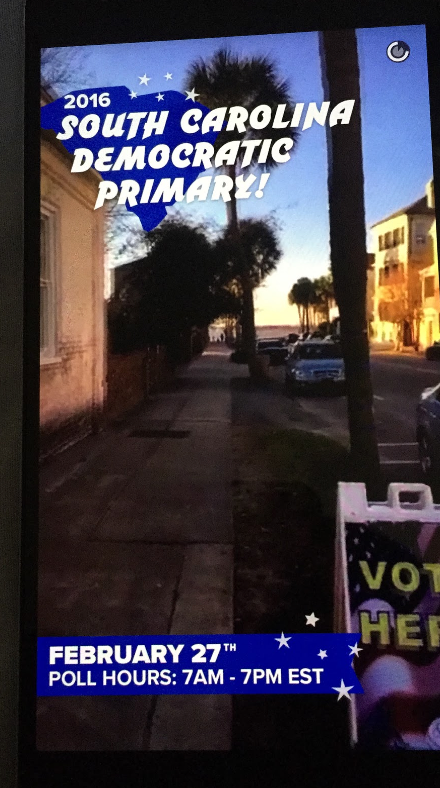
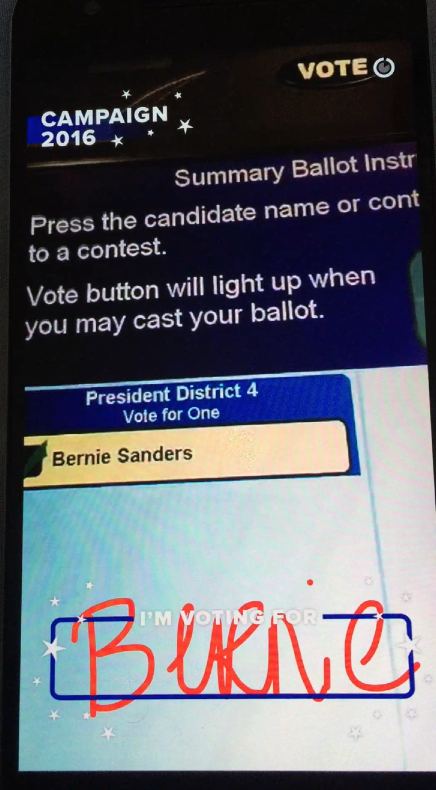
Pretty cool stuff right? In a day and age where newspaper subscriptions are on the decline and social media is soaring among millennials, technology companies are starting to fill the information void. As a computer science teacher, I love this because it showcases how society directly impacts how we -- the people -- make decisions to vote, entertain and even plan family vacations. One thing to consider though is how this affects people who don’t have access to these resources. Are technology companies still responsible? What about newspaper publications and other media entities?
Let us know your thoughts and remember to vote in local, state and national elections!
#tech #voting #knowtheissues #election2016
References
On the road to the 2016 elections with Google Search (2016)
Facebook Asks People To Vote And Tell Friends, Shows Nearest Polling Place (2014)
Bernie Sanders launches 'Feel the Bern' Snapchat filters in lead up to Iowa caucuses (2016)
Share
March 11, 2016
Don’t Be Fooled. The Apple FBI iPhone Dispute Also Affects You
Apple, a well-regarded [tech] company is usually in the media for bringing to market some of the most beautifully designed devices in the consumer and education space. Products like the iPhone and iPad have transcended how people consume technology and entertain themselves at a moment’s glance. New macbooks have almost a cult like following for college students as they prepare and study for future jobs that didn’t exist 10 years ago.
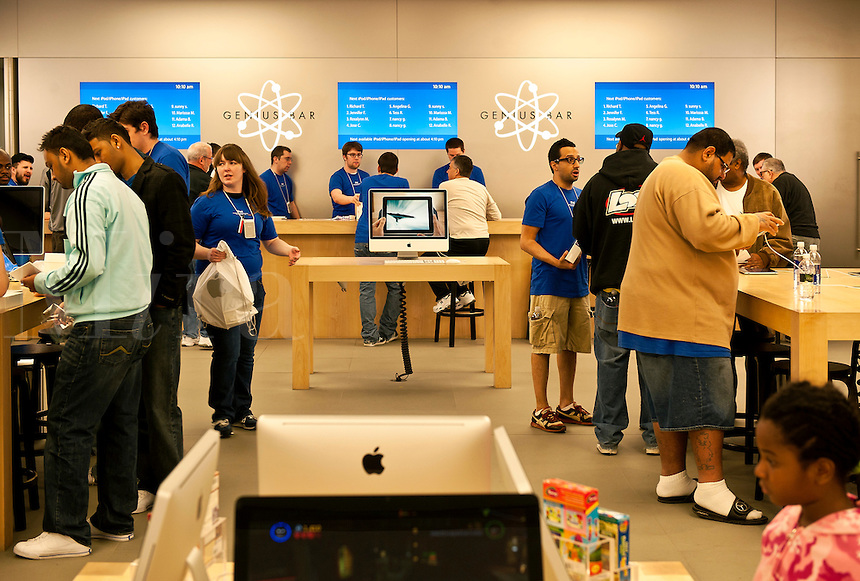 More recently though, the company name has been tossed around for a dispute with the FBI, the nation’s prime federal enforcement organization, over the unlocking of an iPhone used by the killers in the 2015 San Bernardino terrorist attack. There’s been countless articles explaining Apple’s stance, the FBI stance, and so forth and so on but what about your stance? How exactly does this case affect you or is it an overblown media story from large corporations and government agencies?
More recently though, the company name has been tossed around for a dispute with the FBI, the nation’s prime federal enforcement organization, over the unlocking of an iPhone used by the killers in the 2015 San Bernardino terrorist attack. There’s been countless articles explaining Apple’s stance, the FBI stance, and so forth and so on but what about your stance? How exactly does this case affect you or is it an overblown media story from large corporations and government agencies?
Essentially, the lack of strong encryption on consumer devices can lead to hackers breaching the defenses of retail chains, banks, the federal government and even HOSPITALS!
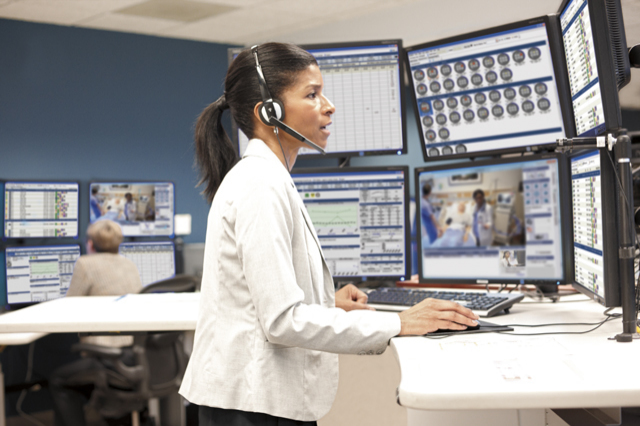 Yet, hacking has become what seems to be a typical event. In 2015, the U.S. Office of Personnel Management experienced a data breach exposing the personal information of over 22 million current and former employees (and even those that applied for employment via its portal). Health care organizations and your health data are not exempt from such comprises. For instance, Premera data breach exposed medical claims and financial information of 11 million customers, and Anthem’s 2015 data compromised the personal information about more than 80 million people. Why is this a major concern? As more healthcare organizations engage in network arrangements and data sharing, your personal information is likely to become more exposed.
Yet, hacking has become what seems to be a typical event. In 2015, the U.S. Office of Personnel Management experienced a data breach exposing the personal information of over 22 million current and former employees (and even those that applied for employment via its portal). Health care organizations and your health data are not exempt from such comprises. For instance, Premera data breach exposed medical claims and financial information of 11 million customers, and Anthem’s 2015 data compromised the personal information about more than 80 million people. Why is this a major concern? As more healthcare organizations engage in network arrangements and data sharing, your personal information is likely to become more exposed.
How important is this data to healthcare organizations? In a recent NPR news segment, a California hospital paid a ransom “worth $17,000 to hackers holding its computer data hostage raised new concerns about bigger targets.” While not all organizations will pay ransoms, no industry is exempt and neither are we, as individuals. Being mindful of our data, its uses and our use of devices/systems/networks and even social media requires some degree of discernment. After all, we are in the digital age of the Internet of Things.
Continue to follow @myhealthimpact on Twitter for more information on the connection between the Internet of Things and healthcare. #IoT, #healthcare #databreach
Share

July 02, 2015
Reshaping the Health Tech Narrative
My January 9, 2015 blog (see Tech-Social Activism) indicated that tech-social activism was “big” in 2014 with a prediction that 2015 would see even greater issues to explore. Six months into 2015, this prediction has surpassed expectations. Here is what dominated the 2014 social activism tech space:
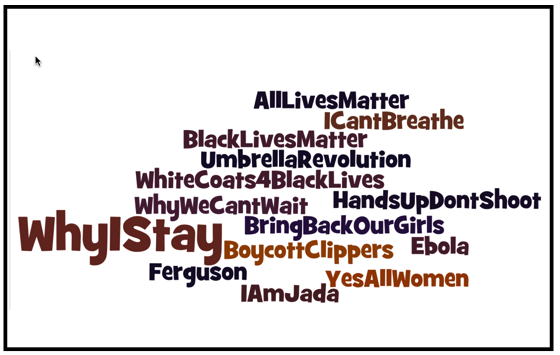
The past few blogs from the myHealthImpactNetwork team has covered these topics and offered interesting perspectives on topics where health meets tech, and this is not absent of the social commentaries that influence daily living. Below is a mash- up of these topics. Check out these blogs on the website. Follow us at @myhealthimpact. Let us hear from you as we work to amply voices and (re)shape the health tech narrative.
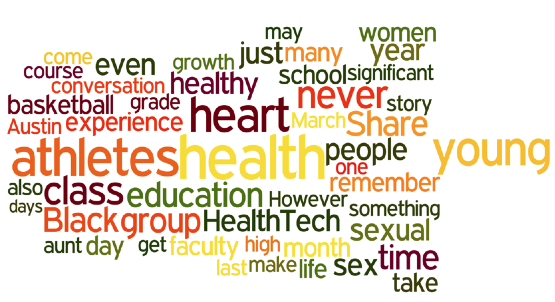
Share

August 13, 2014
“Selfies” and Mental Health Disorders
Experts including Dr. Lucie Hemmen and Dr. David Veal are beginning to consider a compulsion to take selfies as a serious mental health problem. Individuals can spend hours, even days taking hundreds of selfies in an attempt to capture the “perfect” photo (McKay). Taking selfies can lead to technology addiction and Body Dysmorphic Disorder — a chronic mental health condition in which the sufferer obsesses over perceived flaws with their body. In addition to that, it has been proven by multiple studies that taking selfies can be detrimental to a person’smental health, and it can be linked to narcissism, depression, and low self-esteem.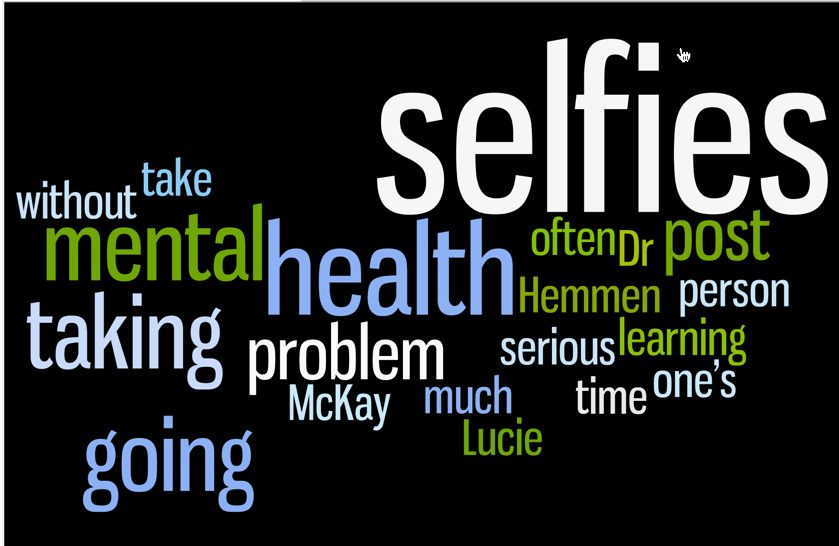
So how can we fix this problem? First, we have to realize that there is a deep denial about how dangerous it is to interact with screens without setting limits on how much time is spent doing so. With that said, it is hard to convince people that the effects of taking selfies are serious. Nevertheless, the common treatment of taking selfies is gradually learning how to go for longer periods of time without satisfying the urge to take a photograph, along with therapy to address the root cause of the problem. Thus, learning how to use selfies in moderation. Selfies, if used properly, can be a feel-good and often creative way, to chronicle one’s life and emotions and express one’s personality.
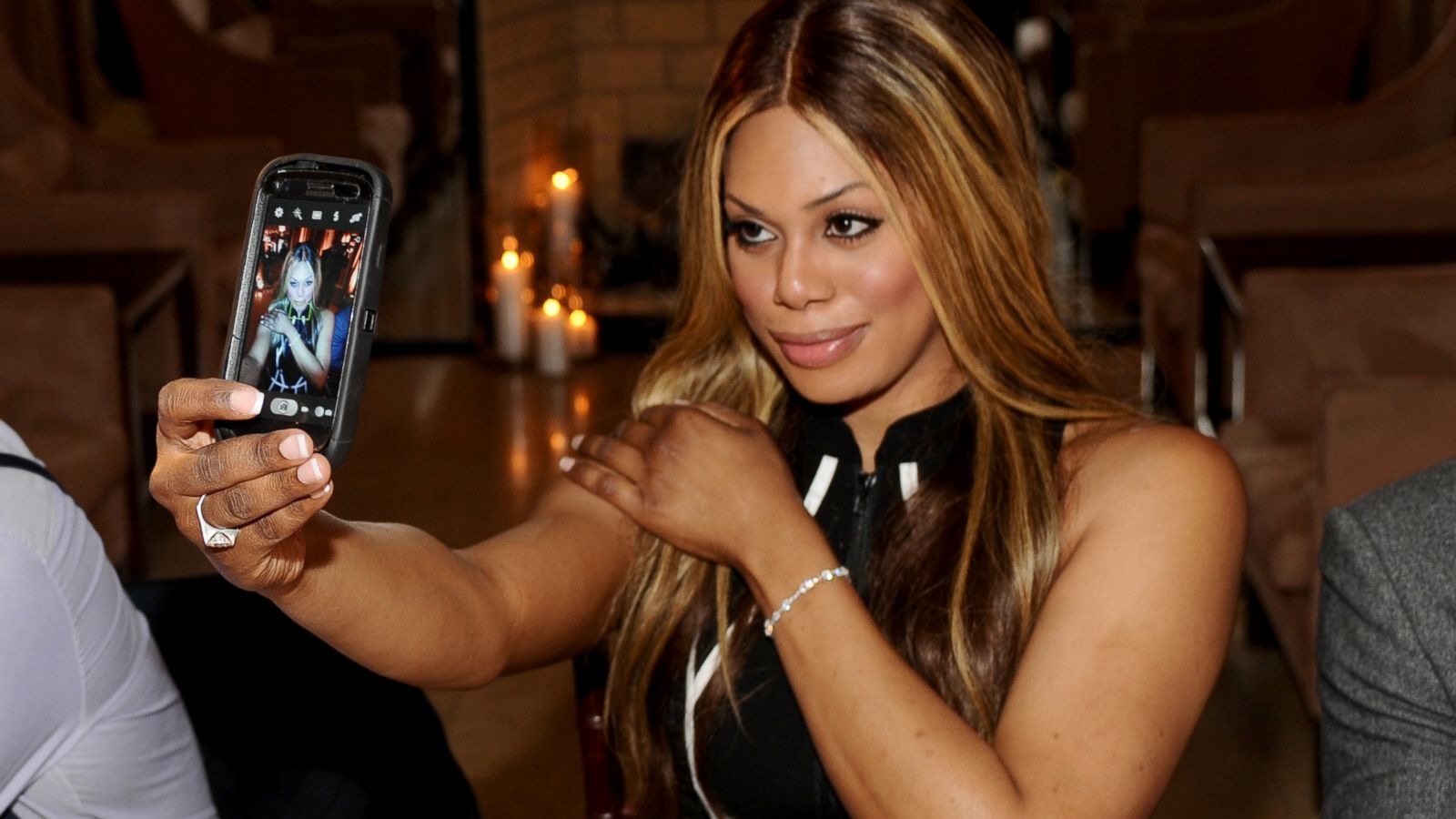
In conclusion, know this—According to clinical psychologist Lucie Hemmen there is a continuum of health and authenticity in what you shoot and post (McKay). A secure, mature person is going to post selfies that are spontaneous and not overly engineered or edited, and they're going to do it less often. A more insecure person is going to post staged or sexualized photos, and they're going to do it so much that they become consumed by it and the comments they receive. Let’s not let selfies control our mental health.
McKay, Tom. "A Psychiatric Study Reveals Selfies Are Far More Dangerous than You Think." PolicyMic. N.p., 28 Mar. 2014. Web. 16 June 2014. <http://www.policymic.com/articles/86287/a-psychiatric-study-reveals-selfies-are-far-more-dangerous-than-you-think>.
Share
In Partnership with: Poole College of Management, College of Humanities and Social Sciences, National Science Foundation, Penn State
Take Action, Get Tested: Find Your Local Testing Center Why Get Tested?
